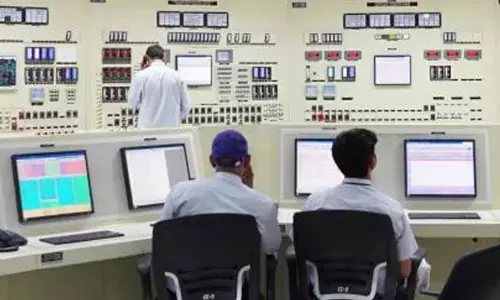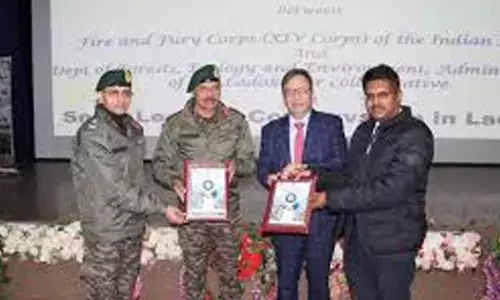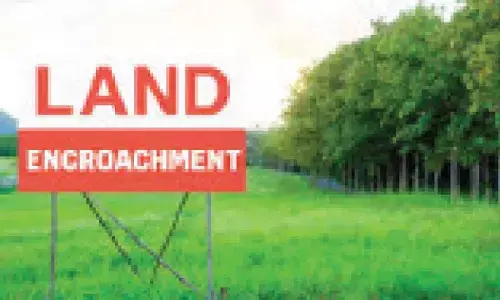Need for holistic policy
Need for Holistic Policy. A radical restructuring of skill and knowledge system is essential. Perform or perish was the old saying. Now, it is innovate or perish.
A radical restructuring of skill and knowledge system is essential. Perform or perish was the old saying. Now, it is innovate or perish. Capacity building and innovations should get proper boost
The Telangana State government promises faster clearances in its industrial policy. Similarly, Chandrababu Naidu assured Japanese investors a fast-track approach. The Telugu states are competing with each other to attract investment. A business-friendly, transparent policy is only a first step towards attracting investment. Many more steps need to follow. The first prerequisite is to roll out physical infrastructure. Acute power crisis will hinder investment. Investors do not walk on the red carpet when there are power holidays. Poor infrastructure is a major constraint on competitiveness, especially for small and medium enterprises which cannot afford to build their own infrastructure. Integrated transport systems comprising road, rail and ports should form the efficient freight corridors. Skilled human resources are necessary for competitive enterprises.
The two Telugu states produce a large number of technical and professional graduates every year. But, the employability of many such graduates is often in question. A radical restructuring of skill and knowledge system is essential. Perform or perish was the old saying. Now, it is innovate or perish. Capacity building and innovations should get proper boost. Industry needs should be linked with training process. The proposed industrial policies should substantially reduce the cost of doing business.
The Approach Paper to 12th Plan has rightly pointed out that the challenge is to provide more flexibility to employers to adjust employment levels along with more fairness and security to employees. The complex challenge of establishing effective linkages among raw material producers, capital goods and component producers and assemblers has to be addressed, especially to promote manufacturing sector. The global landscape also impacts the local industrial scenario. Thus our industries should also be prepared to face this challenge in an era of open trade and economy.
The industrial policies should aim at strengthening the ability to work within the networks and global-value chains. The competitive advantage lies in the ability to design and engineer rapidly. There should be a special focus on certain industries in which local advantage exists. A strategy to overcome constraints should be formulated and implemented. For instance, the infrastructural constraints can be overcome by clustering. Meanwhile, a healthy industrial climate requires a competitive policy and effective regulatory infrastructure. The industrial development invariably puts pressure on environmental resources like land, air, water and green cover. Therefore, industrial-development strategy should be dovetailed into environmental sustainability.
Micro, small and medium enterprises are employment and export intensive. This sector faces many challenges which need urgent attention. They include access to capital and credit, technology and productivity constraints, marketing and production inputs among others.
Thus, the industrial growth strategy should have a holistic approach. Issues of raw material security, healthy industrial climate, sustainable policy framework, acceptable rehabilitation policy in case of displacement due to location of industries, and more so developmental rather than confrontational politics should also be incorporated in the industrial development strategy.








